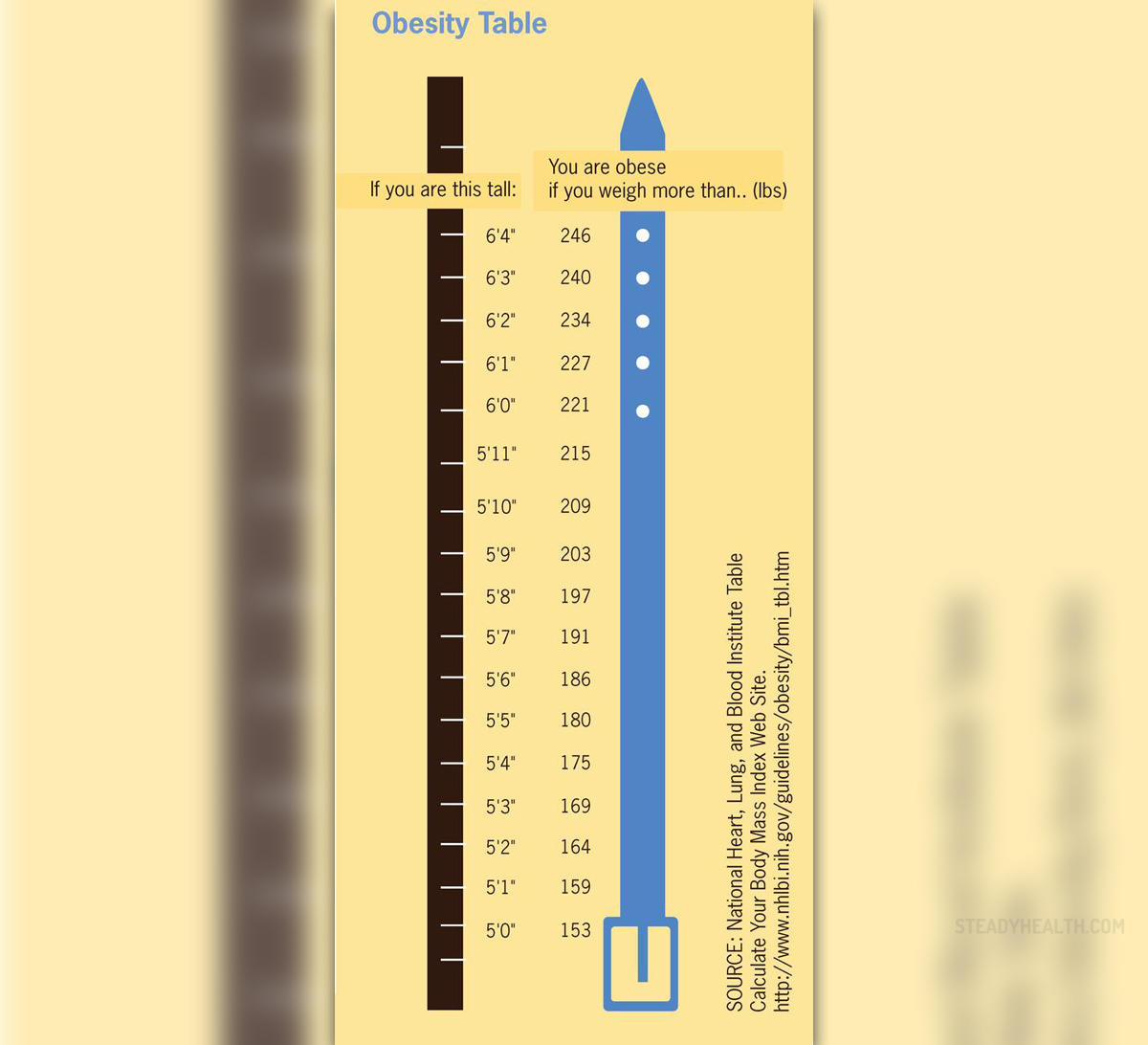
Obesity is a serious medical problem and leading preventable cause of death all around the world. Obesity is defined as having a body mass index greater than 30kg/m2. Being so overweight dramatically decreases the life expectancy, and may cause various severe diseases: heart disease, hypertension, high levels of bad cholesterol, type 2 diabetes, some types of cancer and osteoarthritis. The National Center for Health Statistics reports that more than 60% of the United States population is overweight and about 31% is obese. There are many possible causes of obesity. It mostly results when a person takes excessive amounts of calorie-rich food without being physically active. However, sometimes obesity results from other medical conditions.
Hypothyroidism
Hypothyroidism is defined as a deficiency of thyroid hormone. In most cases, hypothyroidism results from iodine deficiency. However it may be caused by various other underlying conditions and problems of thyroid gland, pituitary gland or hypothalamus. People with low thyroid hormone levels are more likely to gain weight. Moreover, it may be very hard for them to lose weight using the conventional methods. In most cases even the low-calorie and low-fat diet, combined with exercise, won’t help. This happens because thyroid hormone regulates the rate at which body burns calories – the metabolism. When there is not enough thyroid hormone, the metabolic rate is also low and patients gain weight more easily.
Cushing's syndrome
Cushing's syndrome is hormonal disorder characterized by high levels of cortisone in the blood. One of the most prominent signs of this disease is a rapid weight gain. Patients will typically accumulate a lot of fat in the trunk and face, while their limbs begin to thin. This change in fat distribution usually results in rounded face, fat around the neck and formation of characteristic “hump” on the back of the neck
Depression
Depression and obesity often go together. According to certain scientific studies, people who feel sad or hopeless more rapidly gain weight than those who appear to be hipper. Partially, this is due to the hormonal changes in the body, but much significant link between depression and obesity lies in a fact that depressed people tend to be less active, and they do not exercise much. Moreover, depressed individuals tend to eat more. Even those who are on a treatment for depression may become easily obese since antidepressants may also cause weight gain.
Medication
Certain medications may also cause obesity. These include insulin, sulfonylureas, thiazolidinediones, atypical antipsychotics, antidepressants, steroids, certain anticonvulsants and hormonal contraception.

















Your thoughts on this
Loading...